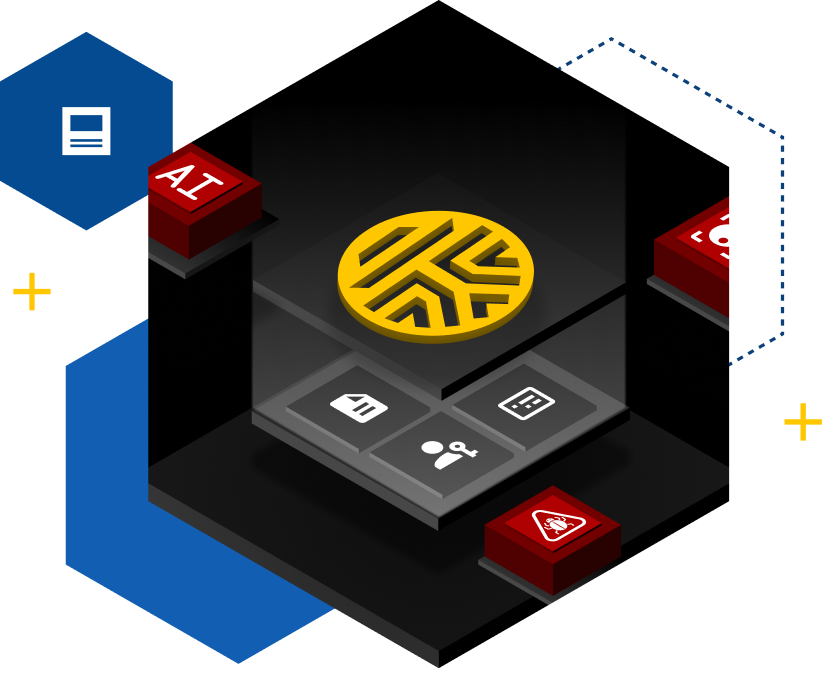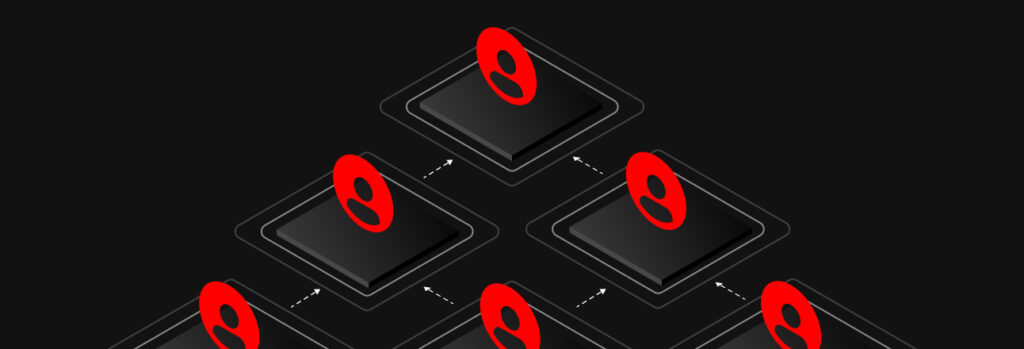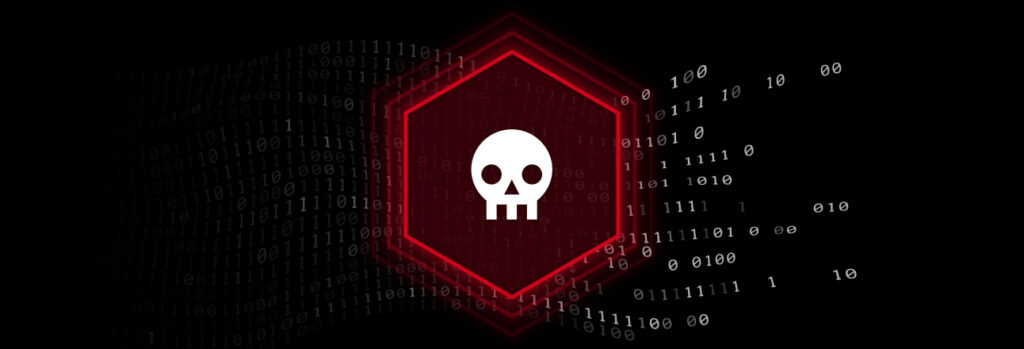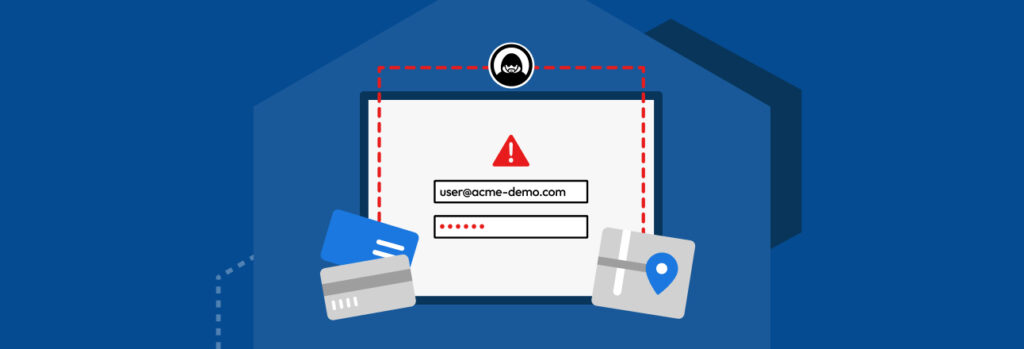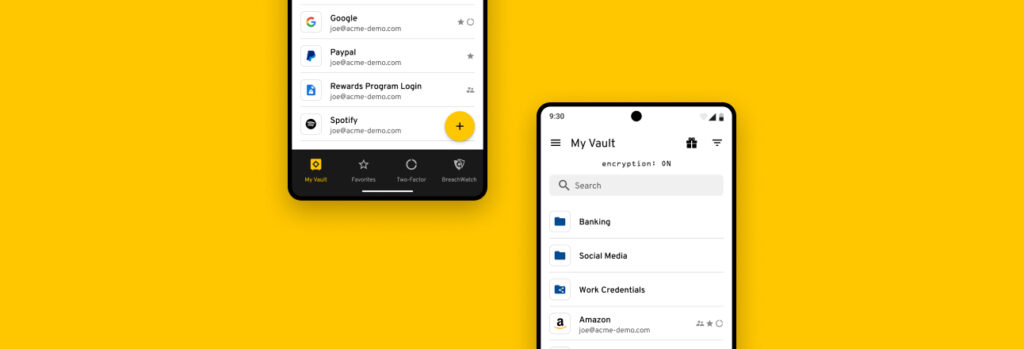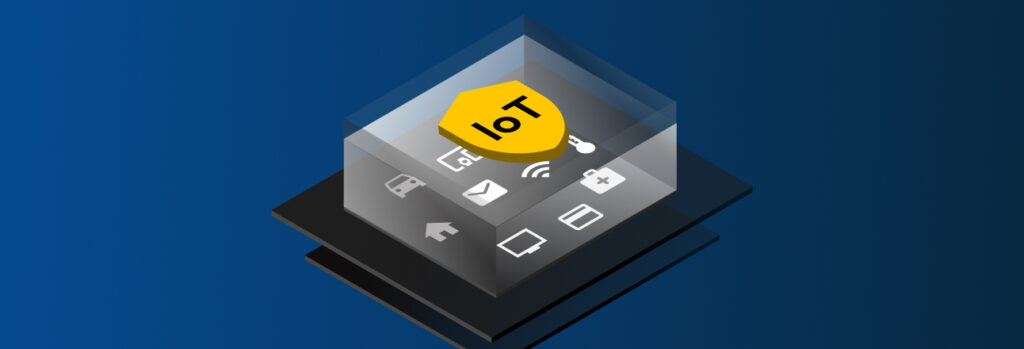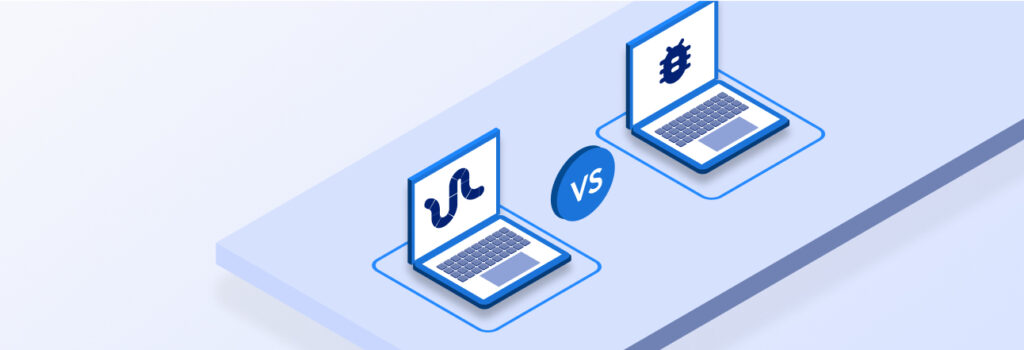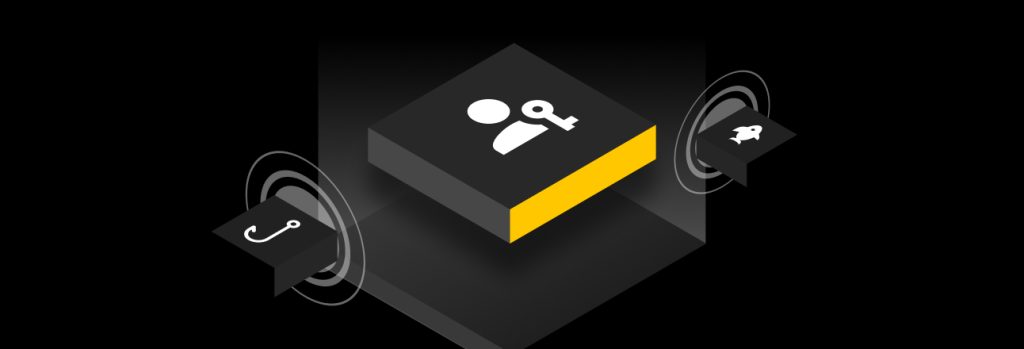A watering hole attack is a type of cyber attack in which a threat actor targets an organization by hacking a website often visited by an employee in order to infect the employee’s device with malware. Once the device of one employee is infected, the threat actor targets other members of the organization and steals
We’ve got a number of new features and product updates to share with you this month. Learn more about the highly anticipated UI refresh for Android, KeeperPAM’s password rotation solution, how you can sign Git Commits with Keeper Secrets Manager (KSM) and more! Keeper Releases Major UI Update for Android Keeper is excited to announce
If your computer has been infected with a virus, you need to act quickly to contain the infection. You should install antivirus software to remove any viruses from your infected device. Computer viruses can be a hassle to deal with, and they put you at risk of a security breach, identity theft and loss of
The first thing to do after realizing you’ve been hacked is to secure your accounts by immediately changing all of your passwords and enabling Multi-Factor Authentication (MFA). You should also scan your device with antivirus software, secure your home WiFi network and reset your device. Read on to learn ten steps you should take after
You can avoid credit card fraud online by securing your online accounts, avoiding saving your payment information on websites, being cautious of phishing scams, keeping a look out for credit card skimmers and more. Continue reading to learn more about how you can avoid credit card fraud online and how to report it if you’re
Data leaks occur when sensitive data is unintentionally exposed from within an organization. Data leaks can refer to both the leakage of digital data, meaning anything that can be transmitted through the internet, as well as physical data, such as USB drives. Continue reading to learn how data leaks happen, how serious they can be
An account takeover attack is a form of identity theft in which a cybercriminal takes over someone else’s online account. Cybercriminals steal a victim’s login credentials without them knowing through methods such as brute force attacks and phishing. Once the cybercriminal gains access to a victim’s account, they change the login credentials to prevent the
Phishing emails have traditionally been easy to spot by looking for signs such as misspelled words and unsolicited links and attachments. Although phishing emails are not a new occurrence, they have become a part of our daily lives. With the advancement of technology, however, the cybercriminals behind these phishing emails now have developed new ways
You can check if your personal information has been compromised by using a dark web monitoring tool. A dark web monitoring tool continuously scans the dark web for specific personal information, such as your login credentials, so you can know exactly what information about you or your accounts has been compromised. Knowing if your data
You can identify a scammer by spotting red flags such as sudden requests for your personal information, grammatical and spelling errors in emails, offers that seem too good to be true, along with other signs. Read on to learn about the red flags that can help you identify scammers and what you can do if
Keeper Security’s Privileged Access Management (PAM) solution, KeeperPAM™, has been recognized as a Value Leader in PAM by the IT and data management analyst research and consulting firm, Enterprise Management Associates (EMA) on their EMA Radar Report for 2023. Keeper being named as a Value Leader for PAM follows the designation from GigaOm in June
To stay safe from Zelle scams, you should only send Zelle payments to people you know, be wary of urgent payment requests, use a different app to send and receive payments from strangers, use strong passwords and enable Multi-Factor Authentication (MFA) on your banking accounts. Continue reading to learn about common Zelle scams and how
Keeper Security is excited to announce a significant update to our Android app that we think users will love. This update is heavily focused on bringing the same fresh, modern look to our Android user interface that our Web and Desktop received earlier this year and iOS just last month. The highly anticipated release incorporates
No, you cannot get hacked just by opening an email. The only way you can get hacked through an email is by interacting with the contents of the email, such as clicking on a malicious link or attachment. Continue reading to learn more about malicious emails and how to avoid getting hacked through them. What
Storing your bank passwords in a password manager is the safest way to store them without putting them at risk of becoming compromised. When targeting online accounts, cybercriminals often target those that are most valuable, which includes your bank accounts. Securing your bank accounts with strong passwords is crucial to preventing bad actors from accessing
There are many ways to safeguard your information online. Some cybersecurity basics you should already have down include using strong passwords, enabling Multi-Factor Authentication (MFA), regularly updating your software, limiting location sharing, not oversharing on social media, backing up your data and utilizing a VPN. Continue reading to learn more about what it looks like
Pharming in cybersecurity is a type of cyber attack that redirects website traffic from a legitimate site to a spoofed site, or fake site, with the intent of stealing sensitive information such as passwords and credit cards. These fake sites look almost identical to legitimate sites and can be difficult to spot – but not
A password breach is when a cybercriminal has your password and is able to use it to get into your account. Password breaches can occur due to social engineering and insider threats, but most often, weak password habits are the culprit. Keep reading to learn more about how passwords get breached, what can happen if
Internet of Things (IoT) security protects IoT devices and the networks to which they connect from cyber attacks. IoT devices can include anything that connects to your internet including doorbell cameras, baby monitors, smart bulbs and thermostats. This presents a cybersecurity risk because anything that can connect to your internet is at risk of being
An attack surface refers to all the possible points, also called attack vectors, where cybercriminals can access a system and steal data. When an attack surface is small, it’s easier to manage and protect, making it essential to reduce your attack surface as much as possible. Continue reading to learn more about attack surfaces and
